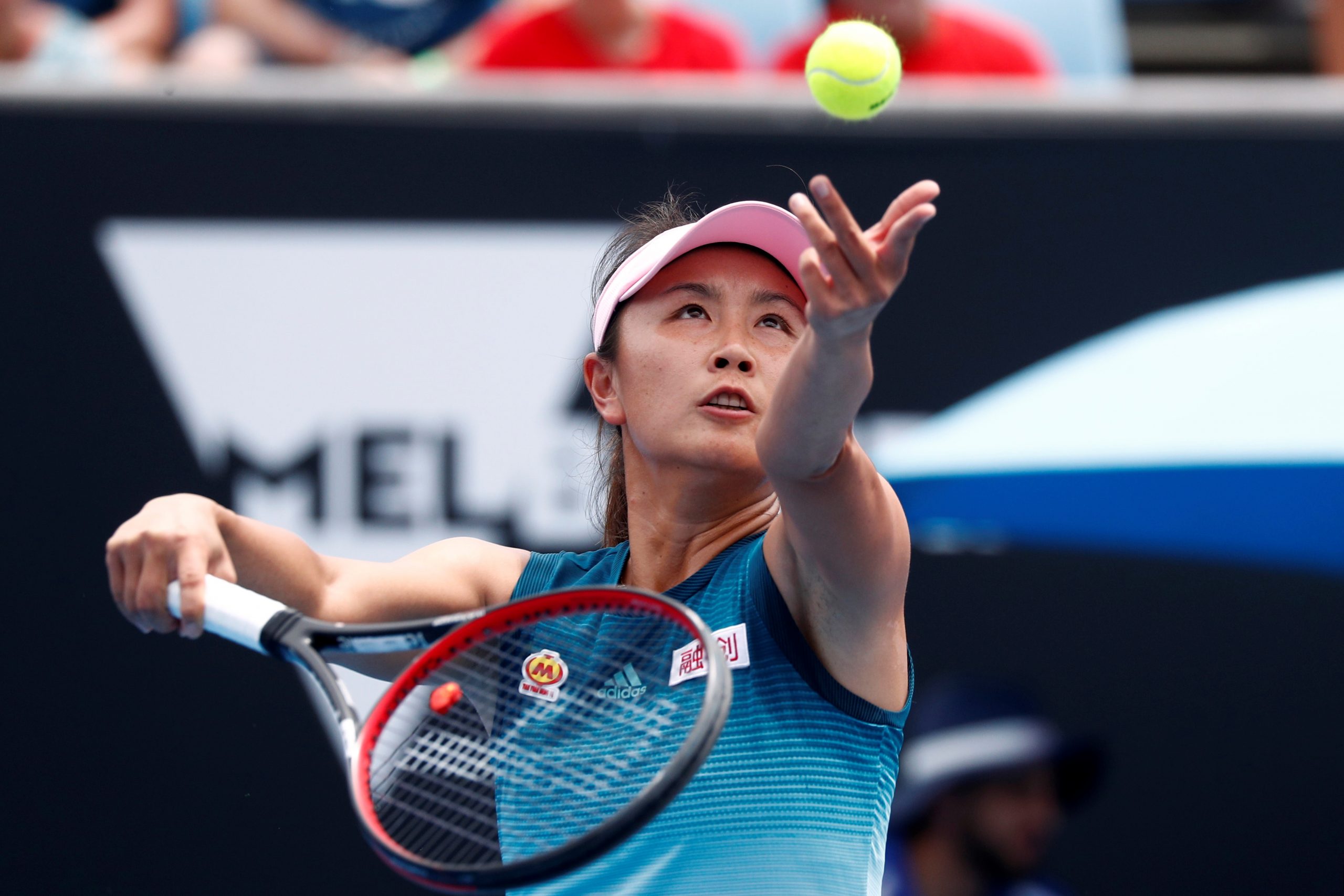VANCOUVER – As the Major League Soccer season ticks down, Vanni Sartini wants his Vancouver Whitecaps to make a declaration — the team is ready to compete.
“The time of hiding ourselves, I think it’s over,” the coach said after the ‘Caps earned a 2-0 victory over the San Jose Earthquakes on Saturday.
“We need to really say that we are here to try to be at the ball until the end and trying to shoot for the highest position. That doesn’t mean that we’re going to make it, but we have the quality to do it.”
With seven games left on their regular-season schedule, the ‘Caps (13-8-6) sit in fifth spot in the congested Western Conference, just two points out of fourth.
Saturday’s loss officially eliminated the last-place Earthquakes (5-21-2) from post-season action.
Vancouver has been on a hot streak since returning from the Leagues Cup break and is unbeaten (3-0-1) in its last four outings across all competitions. The team has not allowed a goal in those matches.
“It’s the fact that we play really well,” Sartini said of the clean sheets. “We have the ball a lot, we finish our attack most of the time in their box. So it’s really hard for the other team to attack us. And then when they attack us, in the rare times that they arrive in the final third, we’re very solid.”
Recent additions have bolstered the team’s ranks, including the club’s newest designated player, Stuart Armstrong. The 32-year-old Scottish midfielder scored his first MLS goal Saturday.
Three minutes after coming on as a substitute for Alessandro Schopf, Armstrong gave Vancouver a two-goal cushion in the 87th minute.
Midfielder Pedro Vite dished a short pass to ‘Caps captain Ryan Gauld, who tapped it toward Armstrong. The former Southampton FC player then blasted a shot into the top of the net for his first strike in a Whitecaps’ jersey.
He was mobbed by teammates in the corner of the field.
“I think everyone was happy. Also for the first goal, but also that it was an important three points,” said Armstrong, who signed with the ‘Caps on Sept. 3.
“It kind of felt a little bit like last week, when we had a lot of chances and we didn’t get the three points. So today, I think everyone was just relieved to have that two-goal cushion.”
Vancouver was the dominant team from the outset Saturday and did not relent, outshooting the visitors 19-5 and controlling 54.1 per cent of possession.
Fafa Picault also found the back of the net for Vancouver, while Gauld contributed a pair of assists.
Whitecaps goalkeeper Yohei Takaoka stopped both shots he faced to collect his seventh clean sheet of the year, while Daniel made nine saves for the Quakes.
Gauld and Picault teamed up in the 22nd minute when Gauld curled a cross in and the Haitian striker headed it down toward the net, only to see Daniel catch a piece of the shot with his forearm and redirect it out of harm’s way.
The duo connected again in the 35th minute on a Vancouver corner. Gauld swung a ball in and Picault jumped up from the pack to send a glancing header in past Daniel for his ninth MLS goal of the season.
San Jose briefly appeared to level the score in the 68th minute when an unmarked Ousseni Bouda collected the ball, froze Takaoka and tapped a shot into the Vancouver net. An official quickly raised the offside flag and waved off the tally.
Daniel kept San Jose’s deficit to a single goal with a pair of solid stops in the 82nd minute.
First, the Brazilian ‘keeper dove sideways on his line to tip away a bomb from Alessandro Schopf. He was tested again on the ensuing corner and jumped up to send a header from Picault over the crossbar.
“I think we created a lot of chances again,” Gauld said.
“We probably should have put the game out of their reach sooner. But we’d be more worried if we weren’t creating the chances. Three clean sheets in a row in the league, I think it’s a big thing for us. And it gives us a good platform to go forward.”
NOTES
Vancouver played without leading scorer Brian White for a third consecutive game as the American striker works his way back from a concussion. … Gauld’s second assist marked his 15th goal contribution (six goals, nine assists) in his last 15 Whitecaps games across all competitions. … An announced crowd of 21,309 took in the game at B.C. Place.
UP NEXT
The Whitecaps kick off a two-game road swing Wednesday against the Houston Dynamo. The Earthquakes host the Seattle Sounders the same night.
This report by The Canadian Press was first published Sept. 14, 2024.


































